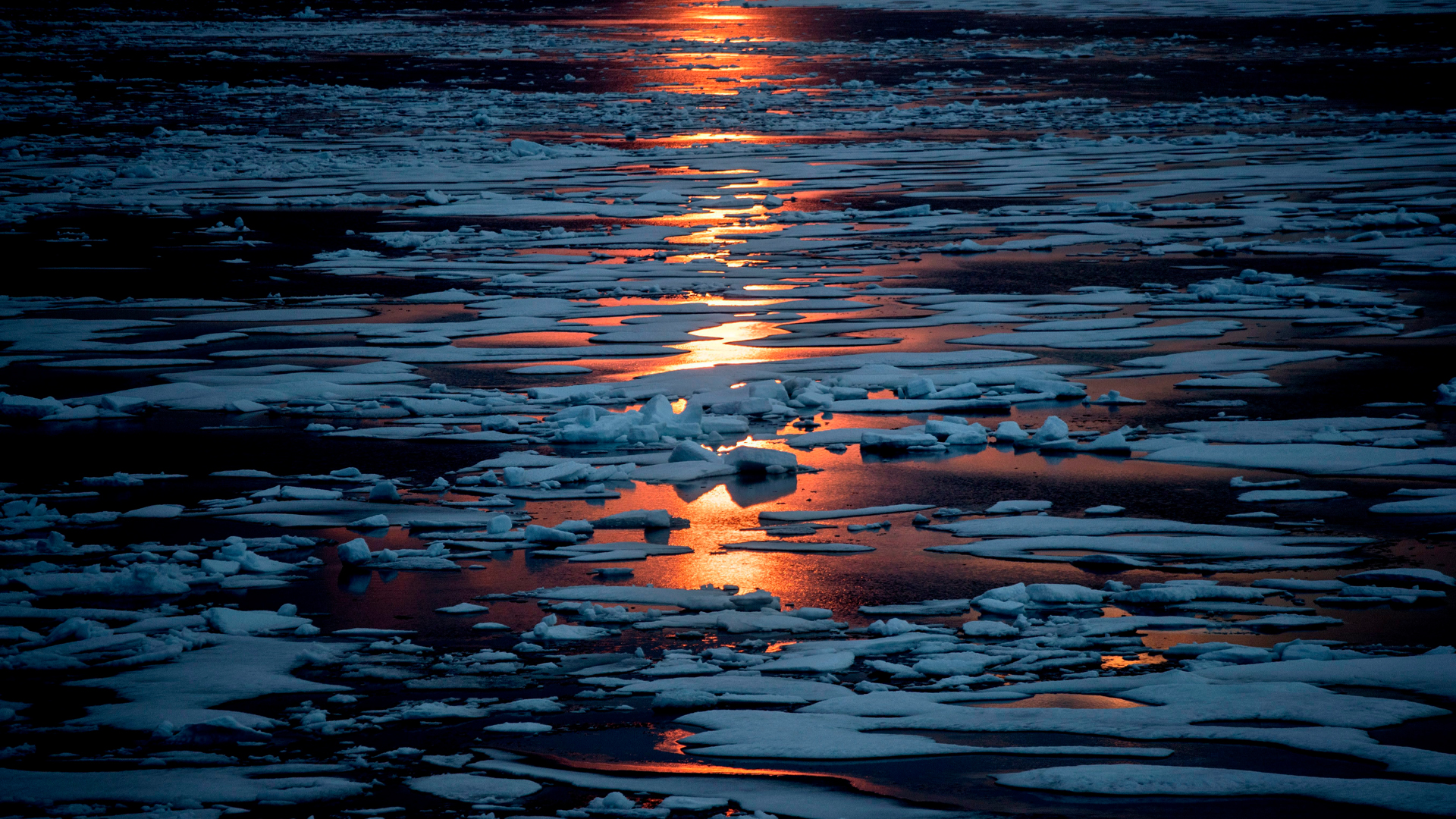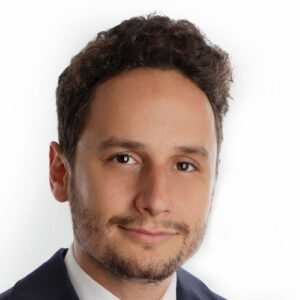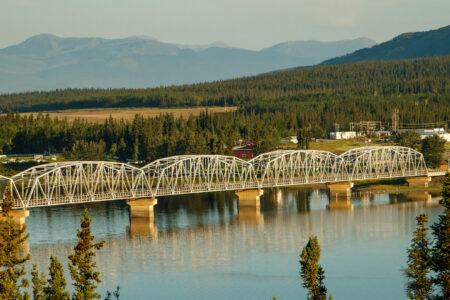
China’s rise and the return of war to Europe have cast doubt on whether the West still has the capacity to shape world affairs to its liking. The failure to rally greater support for Ukraine among the Global South, together with the recent expansion of the BRICS grouping, points to the gradual emergence of a more global – and less Western – international order. The “unipolar moment” of the early post-Cold War years now appears long gone.
Canada in particular stands out among Western countries for its declining influence. While the United States remains the world’s single most powerful country and the European Union retains a considerable degree of economic heft, Canada is more easily pushed around in today’s more competitive world – as China and Saudi Arabia have demonstrated.
This raises the question: With the West’s relative power and Canada’s global influence both diminishing, how should Canadians now conceive of their country’s national interests? Limited power and resources lend themselves to a more targeted approach, centred on a region of core interest to Canada and of growing interest to the world – the High North.
The few interests that Canadian politicians and thought leaders usually – almost reflexively – articulate all fall short of the mark. The need to “be a good ally” defines our interests relationally rather than on first principles and ignores the reality that the transatlantic alliance is (in relative terms) a declining force in world politics. A desire to “earn a seat at the table” says little about what we wish to do with that seat. Carving out a role as a “convening power” also, to a large degree, sidesteps the question of what our actual interests are.
These dated discourses leave Canadian foreign policy in reactive mode. They lend themselves to outrage over our exclusion from U.S.-led groupings such as AUKUS rather than being an incentive to articulate what initiatives, policies and ideas best reflect our own unique interests. They also discourage Ottawa from thinking about how to allocate resources and prioritize policy files more strategically.
Some features that shape the nature and scope of Canada’s national interests are unchanging. Geography, for example. But others, such as the contours of international order – including how power is distributed and which principles prevail in world politics – are regularly in flux.
When it comes to thinking about the characteristics of today’s emerging international order, Canadians should keep two facts in mind.
First, the two pillars that have underpinned Canadian foreign policy since the end of the Second World War – reliance on multilateralism and a strong relationship with the United States – are no longer mutually reinforcing.
Often, these dynamics are considered separately. Mounting populism threatens our access to the U.S. market and places America’s global leadership in question. The return of great-power competition threatens the future of multilateralism, on which Canada has depended to export goods securely and differentiate its foreign policy from that of its southern neighbour. Canada’s influence within multilateral fora such as the United Nations has manifestly declined, as its consecutive failed attempts to obtain a Security Council seat attest.
These elements also interact with one another, making a difficult situation even more complex. Instead of upholding a rules-based international order, U.S. foreign policy over recent decades has all too often served to undermine it – whether due to its own violations of the rules, instances of blatant hypocrisy, efforts to undermine the workings of multilateral bodies, or policies that exacerbate tensions between the great powers and therefore make international co-operation more difficult.
Second, unlike in previous decades, the path to middle-power status runs less and less through being a powerhouse on values or multilateralism. Rather, in a world where the U.S. and China are competing for influence in Asia, and where the West and Russia are contesting the shape of the European security system, middle-power status is increasingly contingent on being a leading player in a regional security order.
Besides Washington, Moscow and Kyiv, the decisions that will determine Europe’s future security order will be taken in capitals such as Paris, Berlin and Brussels. They will not, to be sure, be taken in Ottawa. Similarly, Canada is much too underinvested and far too late to the game to play a role in shaping the Indo-Pacific on par with Tokyo, Canberra or Jakarta.
There are truly only two regions where Canada, by way of its geography, is a local actor: the Arctic and North America. Until it substantially increases the size of its population, which is a century-long endeavour, Canada will remain fully in its southern neighbour’s shadow in North America.
That leaves the Arctic, where a concerted effort in both defence and diplomacy could make up for decades of neglect and yield results. Canada is the third-largest country in the Arctic by population. It can also afford to pivot attention and resources toward the circumpolar region, unlike the U.S. and Russia, whose military commitments and security interests in both Europe and Asia are larger or more acute.
A Canadian foreign policy with a more continental and circumpolar focus would bring numerous benefits.
Securing Canadian national interests, strictly defined, would be easier to sell to Canadians than the need to buttress an amorphous rules-based international order. A focus on defending the Arctic would allow Canada to remain a good ally without defining our interests reactively or spreading ourselves too thin. While tending to the continental trading relationship will remain crucial, the intellectual starting point for our foreign policy would be premised on a made-in-Canada understanding of power and geography rather than on a perceived need to maintain good relations with the U.S. across the board.
When Whitehorse becomes the centre of the world
Why Canada may become a great global power this century
Canada’s strategic plan and how we can become a major global player
By deploying our resources within NATO toward a single pressure point, Canada will maximize the chances of it emerging as a genuine agenda-setter on an issue that embodies a core national interest – one increasingly pertinent to both national and allied security. Over time, this strengthened profile can serve as a power multiplier that enhances Canada’s ability to develop a more balanced relationship with powers such as Russia and China, providing Ottawa with leverage in a circumpolar region of rising global importance and compensating for the fact that Moscow and Beijing need Canada less and less as they become more illiberal or more powerful.
Perhaps most importantly, a more focused approach to foreign policy would allow Canadians finally to be honest with themselves that their country’s international currency has declined and that Canada is in fact no longer a middle power – a necessary first step for charting a course toward eventually regaining middle-power status in the decades ahead.
Rather than continue to flatter Canadians with the remnants of a satisfying but outdated national identity for electoral benefit, leaders in both major parties should articulate a more realistic approach to foreign policy: one that focuses our resources to maximum effect and puts the national interest at the centre of our thinking.
This article is part of a series on the future of Canadian foreign policy.
Also in the series:
- Walter Kemp on the need for a policy review
- Louise Blais on how Canadian foreign policy has gone wrong
- Andrew Latham on redefining Canada’s core interests
- Jeremy Paltiel on a new Indo-Pacific strategy
- Caroline Brouillette on climate change and foreign policy









